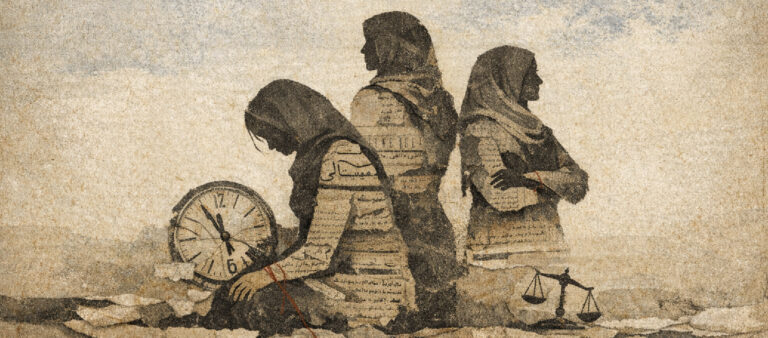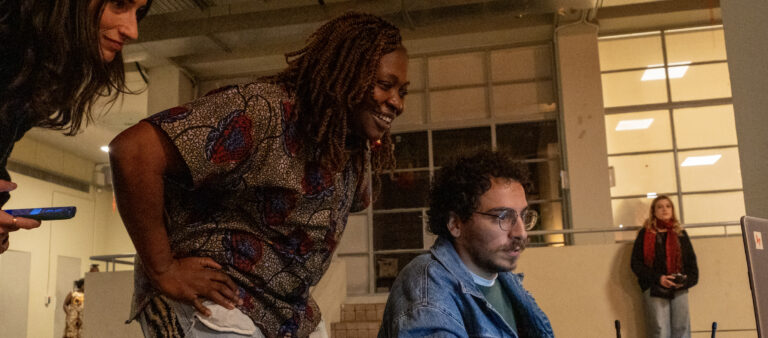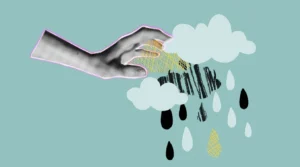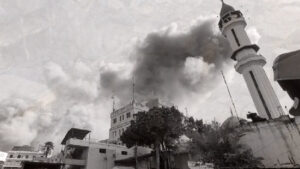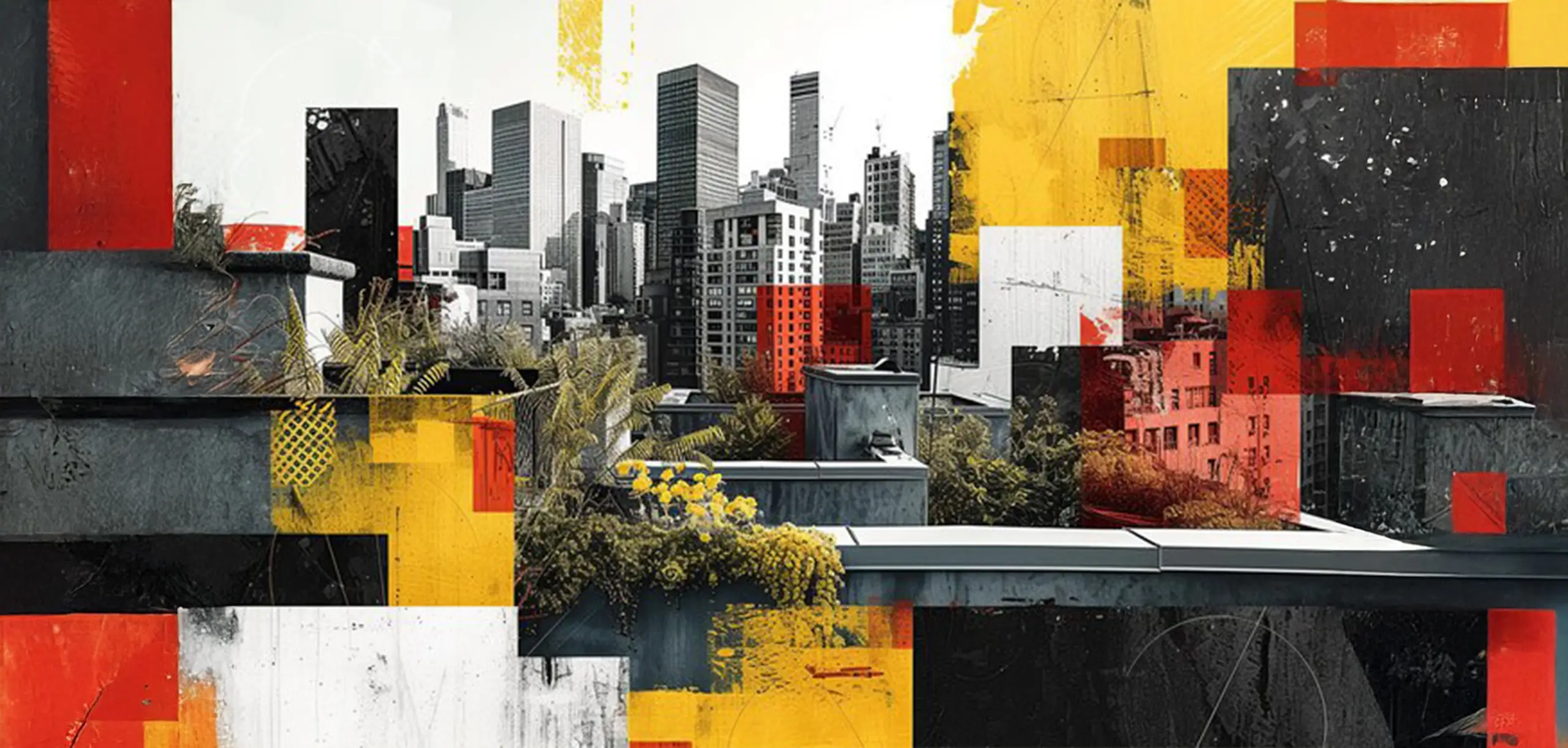The displaced people from the south did not only head to the shelters designated by the Municipality of Saida and the South Governorate in the city, but thousands of families also went to the homes of friends or hosts, in addition to renting apartments.
In the Al-Quds Square area in the city of Saida, where about 500 families permanently reside, 115 families comprising 860 people were displaced there, according to a detailed census conducted by the Al-Quds Square Committee. This census covered both the incoming and hosting families. Some stayed with relatives or friends, while others had to rent apartments. This prompted the Al-Quds Square Committee to intervene with some landlords to reduce rent prices, reaching an agreement with some apartment owners to lower rent by about 25%. H.B., a displaced person from the Tyre area, said: “We must thank the neighborhood committee that managed to lower the rent, allowing us to stay longer until this war stops and we can return to our home.”
The Al-Quds Square Committee submitted a list of 18 displaced families living in rented apartments to an international organization, which promised to provide a monthly rental assistance. The committee follows up on the matter daily.
In the Al-Quds Square area in the city of Saida, where about 500 families permanently reside, 115 families comprising 860 people were displaced there, according to a census conducted by the Al-Quds Square Committee.
The head of the committee, Mohammad Al-Akaoui, said: “After the number of displaced families increased, the committee coordinated with Al-Afaq Institute to house our people in the institute’s rooms, which hosted 30 families comprising 160 people.” At the beginning of the displacement, there was no mechanism for registering the displaced families who stayed in homes with the municipality or the governorate.
Al-Akaoui said: “The neighborhood committee took the initiative to contact various associations, and we carried out different initiatives to provide living essentials, especially since many hosting families are already suffering from the economic collapse. Through our collective work in the committee, we were able to secure assistance to cover some essential needs.” He added: “From day one, we were able, through one generous association, to secure 150 mattresses, 150 blankets, 150 pillows, 150 food parcels, 150 cleaning kits, 150 ten-liter water gallons, and 150 bundles of bread. This aid was repeated by the same association three times in two weeks, enabling us to secure the minimum needs for our incoming families.”
This is not the limit of their efforts, as Al-Akaoui explained: “Through other associations, we were also able to secure similar quantities of accommodation essentials, food, and hygiene supplies.”
When asked about Al-Afaq Institute, Al-Akaoui replied: “We had to use it as a shelter, equipping it and providing living essentials, as well as food and hygiene parcels for the families staying there.”
He noted that “MP Dr. Osama Saad visited the neighborhood recently, accompanied by an activist who listened to the efforts of the committee. This prompted him to secure 100 food parcels for the displaced families. Furthermore, one association is preparing to set up a kitchen to be run by a committee member, capable of preparing 200 hot meals daily. Additionally, one initiative leader requested a list of families’ names to provide aid to them gradually.”
How was this success achieved, and is it the result of today?
The answer, according to Al-Akaoui, is that “the neighborhood has a committee of ten people—six women and four men—established nine years ago to handle the neighborhood’s affairs. We have a comprehensive record of the resident families’ situations, and there are about 80 underprivileged families in the neighborhood. We provide them with aid every Ramadan to help them during the holy month, and we also give them food parcels and other assistance we receive for the incoming families. Of course, we also try to help the hosting families. The committee’s role is not limited to this; over the past two years, since the garbage collection and disposal crisis, we have adopted different measures to maintain the neighborhood’s cleanliness and lighting. The committee sweeps the streets, prevents garbage dumping at building entrances, and helps find solutions to residents’ problems. We also have a list of many families who contribute a monthly amount to cover the costs of garbage collection, street cleaning, and maintenance.”
Al-Akaoui concluded: “The ceiling of the committee’s work is to help neighborhood residents, maintain cleanliness, and provide aid to everyone. Our hand is extended to anyone who wants to help, and the most important thing in our work is the transparency we apply in all our activities.” It seems that the general situation in the country imposes on all neighborhood stakeholders the need to take the initiative to form such committees, which could be the foundation for broader municipal work.


